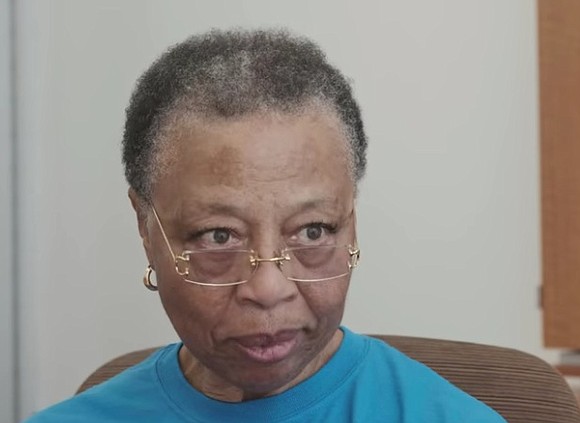United Health Foundation, UH Expand Obesity and Diabetes Program to Houston’s East End After Success in Third Ward
Style Magazine Newswire | 7/27/2018, 10:44 a.m.
Midway through a three-year, $2 million grant from the United Health Foundation, University of Houston’s Project TOUCH (Treating Obesity in Underserved Communities) has impressive numbers to report. Based on its success in Houston’s Third Ward, the effort for preventing and treating obesity, Type 2 diabetes and other ailments will move into Houston’s East End in the fall.
Under the direction of professors Ezemenari Obasi and Dan O’Connor, fellows at the UH institute fighting health disparities called UH HEALTH (Helping Everyone Achieve a Life Time of Health) Research Institute, the community collaborative program is reporting:
• 1,350 total patients
• Prevention and screenings: 1,159
• Treatment: 207
• UH BOUNCE Childhood Obesity Program: 147 families
• Patients referred to YMCA’s Diabetes Prevention Program: 60
Margaret’s success story
Third Ward resident Margaret Jefferson is counted among those whose lives have changed because of the program. After 35 years as a teacher and 15 more as a registered nurse, she knew how to educate others, but when it came to her own health, she struggled. And slowly through the years, the pounds just seemed to creep up on her. Then in early 2017 Margaret, diagnosed as pre-diabetic at 190 pounds, heard about the YMCA’s Diabetes Prevention Program provided through the new Project TOUCH at the Houston Texans YMCA on Griggs Road. That’s the nature of Project TOUCH, it pops up in churches, community centers and other partner outlets.
“I’ve become so aware of what I put in my mouth now,” said Margaret, admitting a typical breakfast before the program consisted of three slices of bacon, a couple of eggs, grits, toast and “lot and lots” of butter or margarine. Not anymore.
Now I eat a half a cup of oatmeal, a good grain bread and I monitor my fat intake. The program has taught me that what I put in my mouth is medicine for my body,” she said. For Margaret, the medicine is working – she’s dropped more than 40 pounds since attending.
According to the Centers for Disease Control and Prevention, 72 percent of African Americans in Houston are overweight or obese.
“When we go into the communities we’re finding a high proportion of the people we are screening have high risk for type 2 diabetes,” said Obasi, adding that risk factors include chronic exposure to stress, lack of insurance to cover medical expenses, intergenerational poverty and medical deserts.
“There aren’t a whole lot of mental or physical health services built into the community,” said Obasi. “Our primary goal is to integrate health care and offer prevention and treatment.” During a patient’s visit a referral might be made to the Diabetes Prevention Program or to seek treatment at federally qualified health clinics that partner with Project TOUCH.
Program expansion
During the next half of the grant’s timetable, the researchers will replicate and expand the community coalition and interventions into Houston’s underserved East End population to not only demonstrate scalability of the overall program, but also to meet another critical need: The CDC reports 78 percent of Latinos in Houston are overweight or obese.
The ultimate objective is to create a model that can be duplicated and sustained not only in communities across the greater Houston area, but also throughout Texas and the United States.




